Kazakhstan hasn’t been a major focus of attention for many people across Europe. Can the EXPO that took place in Astana recently change that?
Yes, Europeans may have heard about Kazakhstan’s long-time leader, Nursultan Nazarbayev, as well as the country’s political centralism. But have people across the continent also been paying attention to the EXPO 2017 that took place recently in Astana, the newly built capital in the middle of nowhere? (A city, incidentally, that doesn’t seem very environmentally friendly with its many motorways and its concrete high-rises equipped with air conditioners instead of windows.)
And in any case: what do we know about the people of Kazakhstan, apart from the fact that they have a lot of precious resources that all the world is interested in? Yet the country has a lot of interesting facets: its president, for instance, is attempting to position himself in a somewhat “neutral” position between Russia and the other Asian powers. Young people grow up learning three different languages: Kazakh, Russian and English. The president attaches a lot of importance to the education of the country’s youth and staunchly supports the co-operation with the European Erasmus program. It provides young Kazakhs with the opportunity of attending a European university for a semester. Moreover, many people in Kazakhstan, even the younger ones, are a little worried about what might come after Nazarbayev, a man who, after all, has been in power for 26 years and is well into his 70s.
Now the country is staking new claims by hosting the EXPO 2017 Future Energy Forum, which is all about “green” themes: the Kazakh pavilion showcased an exhibition of all forms of renewable energy, from wind, water and solar to geothermal power and biomass. (Interestingly, nuclear power is absent although it is also considered a form of renewable energy in Kazakhstan). Among the countless other pavilions there was also one featuring “best practices worldwide” as well as an interactive German one that has been very well frequented. A lively cultural program completed the show and attracted visitors to the EXPO campus. It includes the popular DJ David Guetta, who brought out many young families with his trademark mix of electronic beats and pop music.
In addition the EXPO organisers had initiated a series of twelve conferences featuring international experts to look at topics including “energy for all”, “renewable energies and quality of life”, “technologies for de-carbonisation” or even “international business and environmental policies”.
Those topics are no coincidence. After all, Kazakhstan has pledged to meet half of its energy demand from renewables by the year 2050. This in the face of unusual challenges – for example, it is hard to imagine that electric cars will become very popular in a region with temperatures ranging from minus 40 degrees centigrade in the wintertime to plus 40 degrees in the summer. Just think of how quickly batteries deplete in extreme temperature conditions.
I was invited to speak at one of the conferences. The idea that turned out to be the most popular – and that was even taken on by Kazakhstan’s biggest construction company for further investigation – was the concept of renting solar panels instead of buying them.
So far the solar revolution seems to stagnate because the necessary systems are too pricey for most people. With an average monthly income of the middle class – teachers, doctors and engineers – of roughly 500 US dollars the initial investment necessary for a solar energy plant is prohibitively expensive. The idea that an investor builds the systems and then rents them out is of course based on the Cradle to Cradle world of ideas and is intended to ensure that
- the best materials are used
- the systems do indeed last as long as the manufacturers promise
- the raw materials can be re-purposed.
After all, if the panels are returned to the manufacturers after the lease has ended, they themselves have a vested interest in using only the best materials.
A further discussion panel focused on the role that NGOs play in attempting to change politics and society. There are a number of NGOs active in Kazakhstan, and some of them have been very successful. One of the best-known groups is probably Nevada-Semipalatinsk, which brought an end to nuclear weapons testing in Semipalatinsk. However, the discussion was rendered a little theoretical by the fact that no NGOs were in attendance at the conference.
What I personally took away from my trip was the realisation that Kazakh people, and especially Kazakh women, are very inquisitive, open-minded, well educated and friendly and that they have a genuine interest in positively shaping the future. I am curious to see how the political situation will develop. Already the president’s daughter has called for the transformation of the presidential democracy into a parliamentary one.
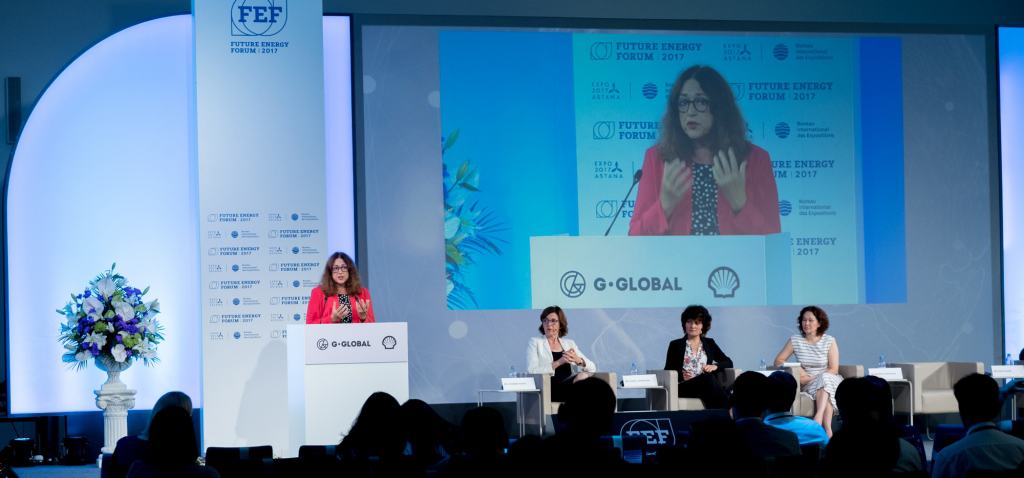
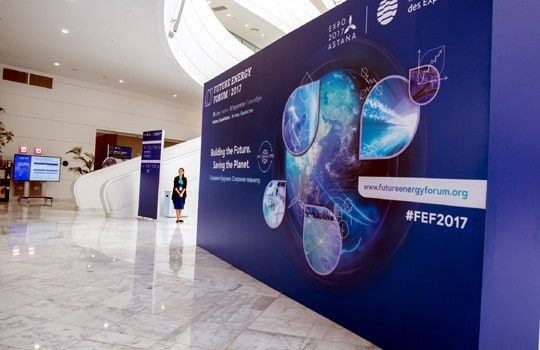
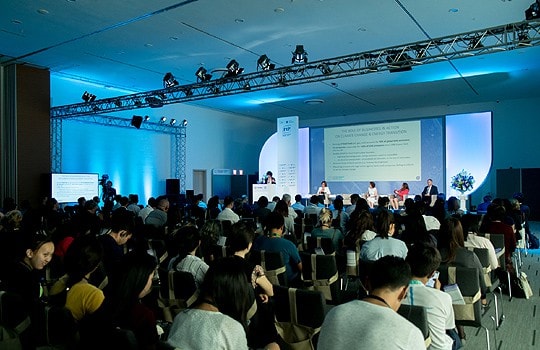
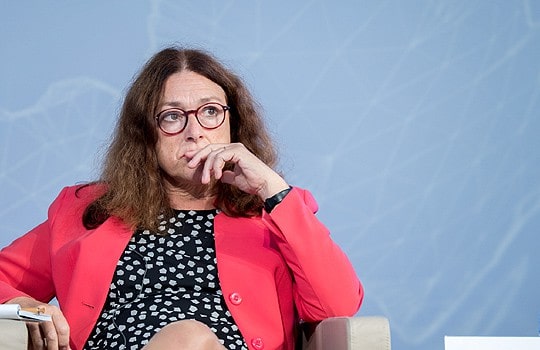
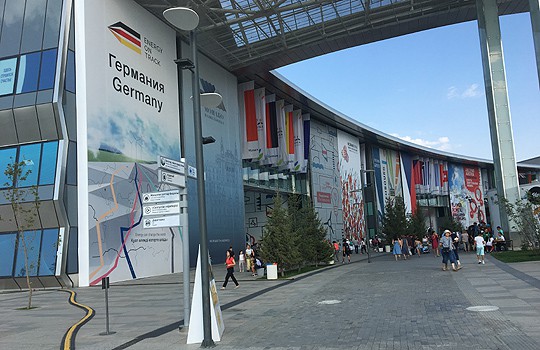
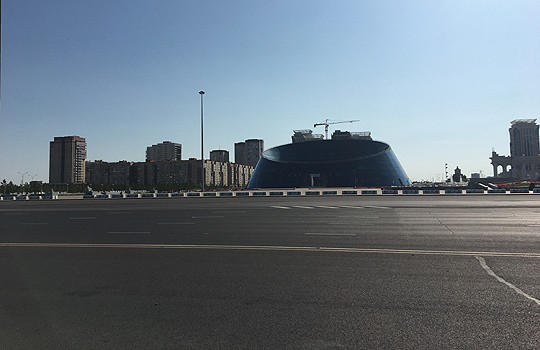
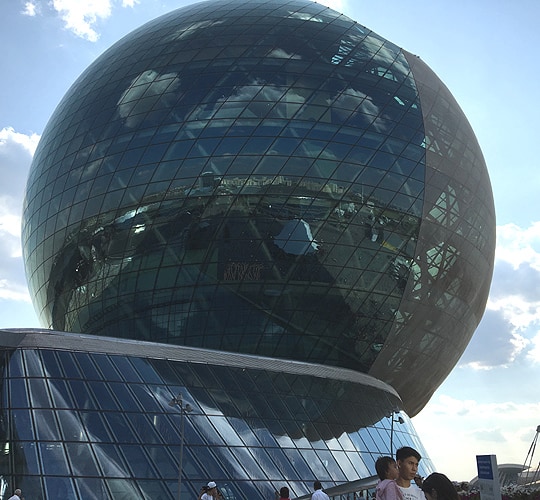
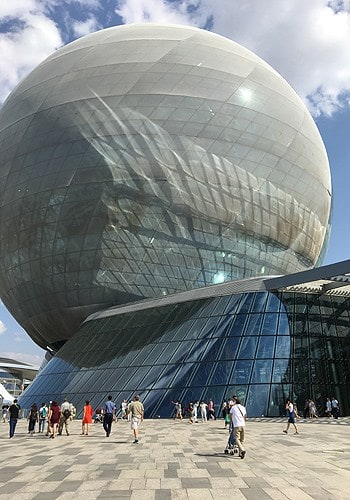
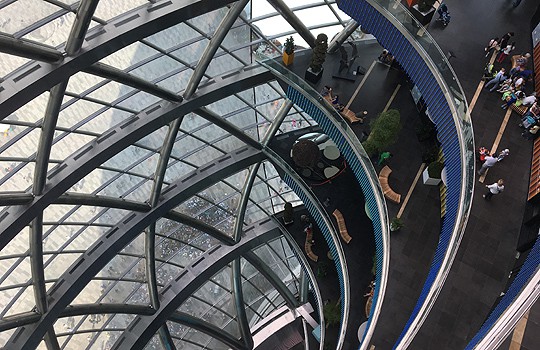
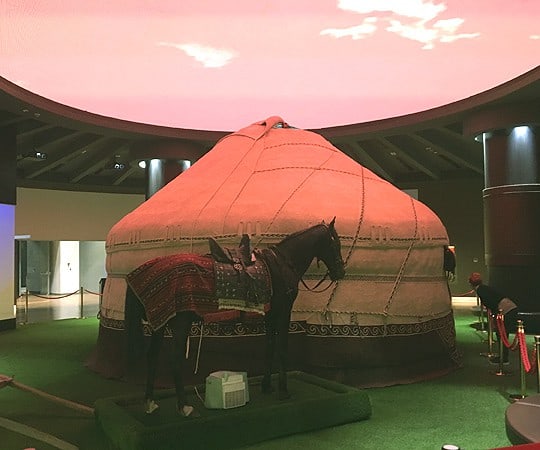
 Monika Griefahn GmbH
Monika Griefahn GmbH
Leave a Reply